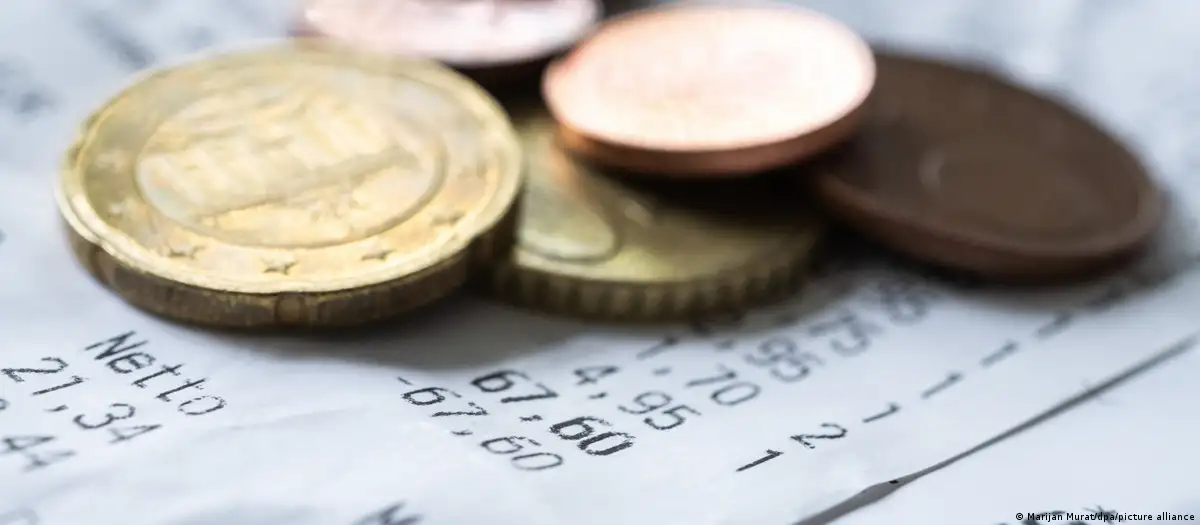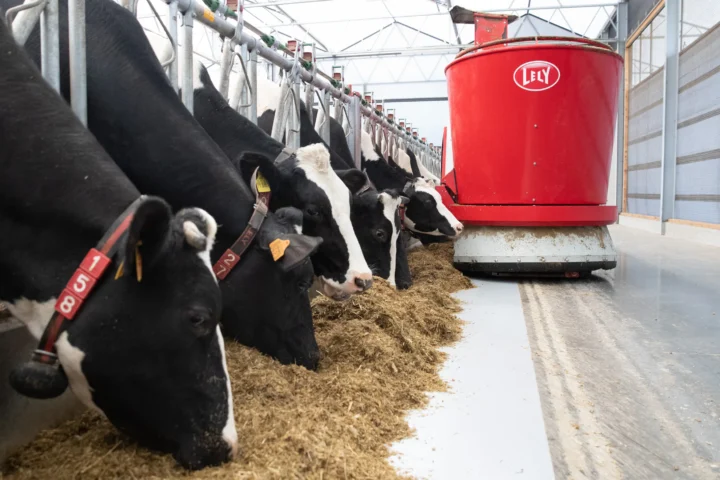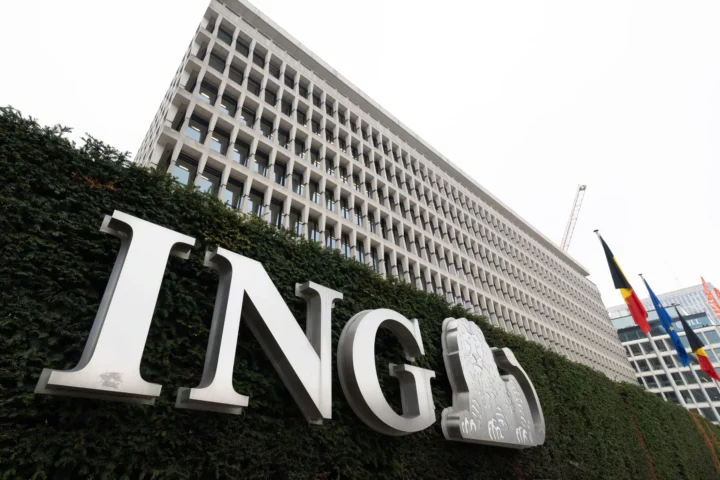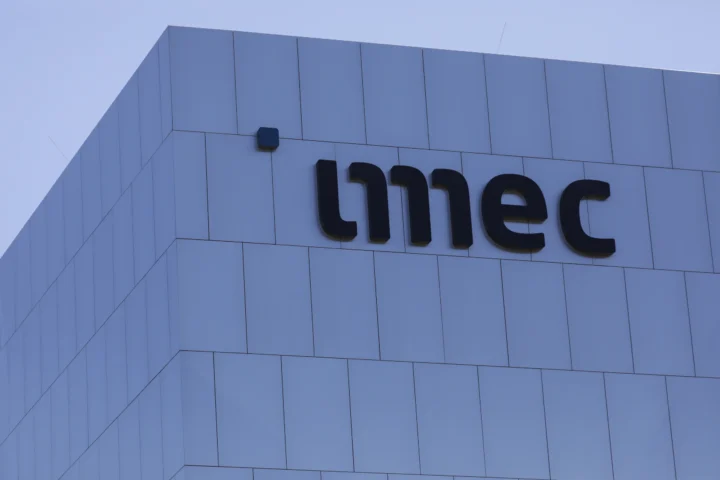Inflation in the 20-nation eurozone has risen faster than expected in May. But the European Central Bank is still expected to cut interest rates at a June 6 meeting.
Consumer prices in the eurozone rose 2.6% in May year on year compared to 2.4% in April, according to European Union statistics, a figure that surpasses the 2% target aspired to by the European Central Bank (ECB).
Despite the higher-than-expected rise announced by the EU’s statistics agency, Eurostat, the ECB is still expected to cut interest rates next week.
The central bank aggressively hiked rates starting in July 2022 as inflation soared after Russia cut gas supplies to Europe amid tensions over Moscow’s invasion of Ukraine, and lingering consequences of the coronavirus pandemic continued to clog supply chains of parts and raw materials.
As inflation gradually slows from those peaks, the bank is looking to encourage economic growth once more with rate cuts, though observers say these are likely to be very gradual, particularly in light of the latest figures.
What did Eurostat say?
The rate for core inflation, which does not include energy, food, alcohol and tobacco prices, went up to 2.9% in May from 2.7% in April.
The service sector saw the biggest price rise in May at 4.1%, up from 3.7% in April, while food, alcohol and tobacco prices dropped from 2.8% in April to 2.6% in May.
However, energy prices rose again by 0.3% in May after recording a 0.6% fall in April.
The country with the lowest May inflation rate was Latvia at 0.2%, followed by Finland at 0.5%. Belgium had the highest rate, reaching 4.9%.
Prices in Germany rose 2.4% in May compared to the same month last year, preliminary figures from Germany’s Federal Statistical Office, Destatis, showed on Wednesday.








